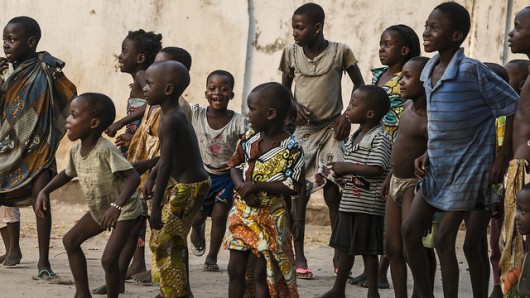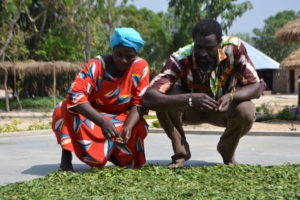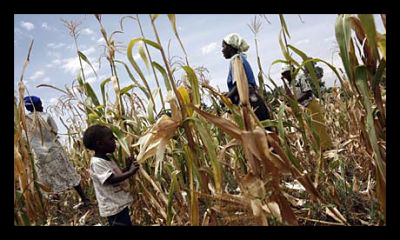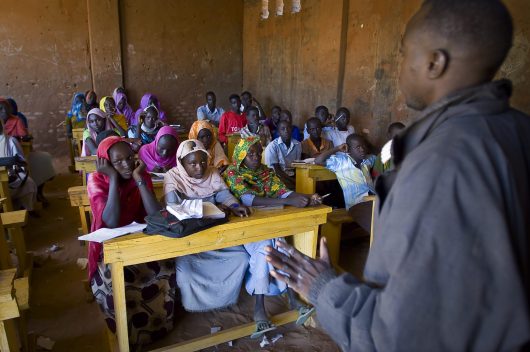 Alaffia is committed to empowering communities in Togo, West Africa through the marketing of its fair trade products. The company was founded by Olowo-n’djo Tchala who grew up in Togo and came to the U.S. after meeting a Peace Corps volunteer.
Alaffia is committed to empowering communities in Togo, West Africa through the marketing of its fair trade products. The company was founded by Olowo-n’djo Tchala who grew up in Togo and came to the U.S. after meeting a Peace Corps volunteer.
Alaffia’s Empowerment Projects are funded through the marketing of its fair trade products. The company believes that African products should be available at a fair price and contribute to a sustainable future.
Their Empowerment Projects include “several Education-Based Projects, Maternal Health, FGM [female genital mutilation] Eradication, Eyeglasses and Reforestation. All of Alaffia’s projects empower Togolese communities to provide their skills and knowledge to the rest of the world and rise out of poverty.”
Education Projects
Proceeds are dedicated to projects which help get children to school and keep them there. So far, Alaffia has constructed 10 schools, helped 23,700 children get school supplies and built 1,855 benches for children to sit on at school. One of the most important projects the company participates in is supplying children with bicycles to ride to school.
To date, Alaffia has provided 7,100 bikes for children to attend school. According to the company’s website, “95 percent of Bicycles For Education recipients graduate secondary school.”
Maternal Health and FGM Eradication
Alaffia helps protect mothers and babies by funding prenatal care and clinics. The funds raised from sales of products goes to help fund over 3,500 births to date. Profits are also used to build women’s clinics in Togo, which help to fight against Female Genital Mutilation.
Reforestation and Eyeglass Collection
The company has planted 53,125 trees and invests in alternative fuels. The Alaffia team also collects eyeglasses and has distributed 14,200 pairs to those in need.
Fair Trade
Alaffia defines fair trade as a “movement of individuals and organizations working to ensure producers in economically disadvantaged countries receive a greater percentage of the price paid by consumers.” To that end, the company pays 15-25 percent more than the fair price for the shea nuts that are used to make its products.
In addition, Alaffia employees make four times what most in the area do and get full benefits. Not surprisingly, the company’s production costs and overheads are higher than other shea manufacturers, but Tchala will not compromise.
Alaffia sells fair trade products certified through Fair for Life: Social & Fair Trade. The Fair for Life website states that the organization “offers operators of socially responsible projects a solution for brand neutral third party inspection and certification in initial production, manufacturing and trading.
It combines strict social and fair trade standards with adaptability to local conditions. The system is designed for both food and non-food commodities such as cosmetics, textiles or tourist services.
– Rhonda Marrone
Photo: Flickr

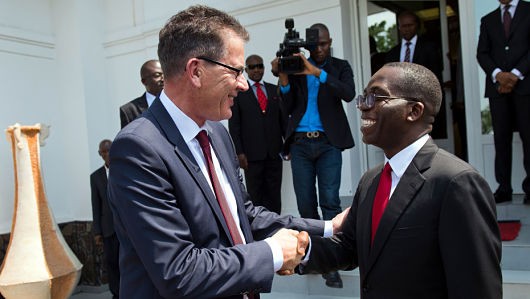 Benin and
Benin and 